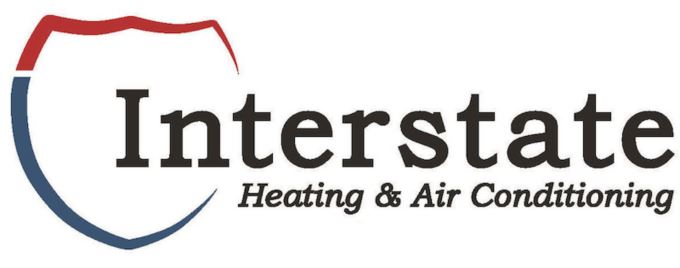Completing the search for your first home is exciting. You’re likely juggling a dozen things or more to ensure you’re making the right choice. We believe that gaining insight into your potential new HVAC system is vital. The property’s HVAC system represents a significant investment and potential source of long-term costs, which is why due diligence should be a top priority for first-time homebuyers.
In this guide, we’ll outline seven tips for discovering all there is to know about a home’s heating and cooling system. And if you want a deeper opinion from the pros, don’t hesitate to contact Interstate Heating & Air Conditioning. Our seasoned technicians can weigh in on your options with industry insights that are second to none.
1. Which Kind of HVAC System Does the Home Use?
Start by identifying what specific HVAC system the home has. Furnaces generally last longer compared to air conditioners, and relatively new types of HVAC products like heat pumps boast average life spans longer than ever. Getting the details on the make and specific model ensures you have a clear understanding of how much routine maintenance it might need.
2. How Long Ago Was the System Installed?
Another good idea is to find out how old the HVAC system is when you’re considering a new home. On average, HVAC systems tend to run for about 10-12 years. Knowing when it was installed helps you plan for possible repair needs or considerations if it might eventually stop working. Older systems are at a higher risk of problems, so fiscal planning for a replacement unit could be necessary sooner than you thought.
3. Is the Warranty Still in Effect?
Don’t forget to look into whether the HVAC system is still under warranty. If it is, you’ll appreciate how it can lighten the load for maintenance costs. HVAC warranties typically include parts and labor, but it’s important to note that details will vary. Don’t forget to look into any terms you don’t recognize to make sure you fully understand your coverage and potential out-of-pocket costs.
4. Does the System Have a Documented Maintenance History?
Next, examine the maintenance history of the HVAC system, if such information is accessible. This kind of information can demonstrate if the system constantly broke down or how often a tune-up was scheduled. You should at least try to track down a history of key tasks such as changing the air filter, which is a positive sign indicating regularly scheduled tune-ups.
5. What Are the Energy Efficiency Ratings?
Finding a home that features an HVAC system with strong energy efficiency means smaller utility bills and a smaller environmental impact. Locate the seasonal energy efficiency ratio (SEER) ratings for air conditioning along with the annual fuel utilization efficiency (AFUE) for furnaces. High SEER ratings mean more efficient cooling throughout the season, while high AFUE ratings illustrate that the fuel is more effectively burned for useable heat.
6. Have You Noticed Signs of Problems After Your Own Inspection?
Even without experience in HVAC systems, you should still examine the HVAC system on your own. Look for potential issues that haven’t been mentioned by the seller. This includes strange noises, spots with uneven heating or cooling and attempts at concealing any obvious damage.
7. Have You Sought Out Expert Advice?
If you’re not quite sure about the condition of the HVAC system, it’s beneficial to get input from trained HVAC professionals. They are skilled at identifying things you may not know about, such as refrigerant leaks, bad electrical connections or inefficient ductwork.
A Consultation with Interstate Heating & Air Conditioning Helps Take the Stress Out of Your Home-Buying Journey
Selecting your first home is meant to be a joyful event, and Interstate Heating & Air Conditioning will do everything possible to ensure yours is too. Get in touch with us at 402-509-5940. We can go over the details about how our HVAC services help make this process smoother, giving you what you need to dive into home-ownership with confidence.
